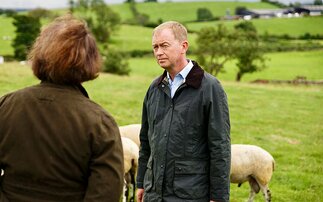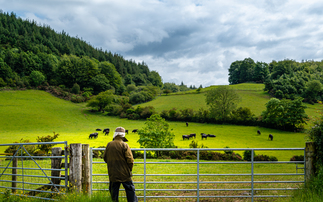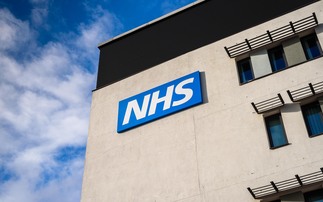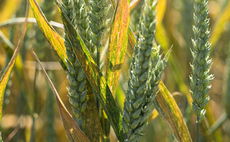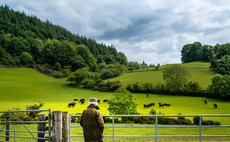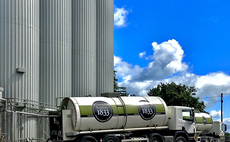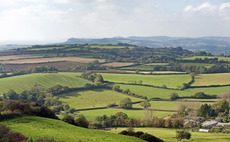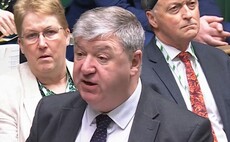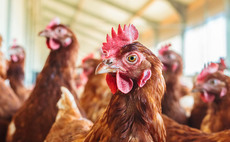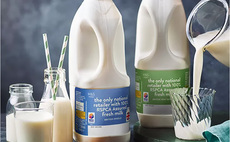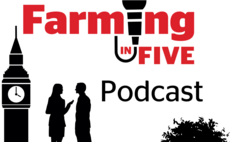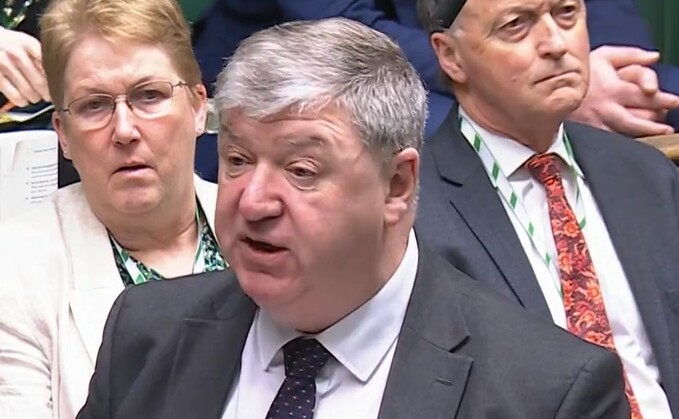
Orkney and Shetland MP Alistair Carmichael said: "I cannot truly believe that this Government would be foolish enough to take that step. If they do, however, then the backlash to Farage’s comments last week will look like a storm in a teacup by comparison."
In the 1970s, a single word came to define the Tory Government of the time and its attitude towards British fishermen: ‘expendable'.
Prime Minister Ted Heath's Government was locked in negotiations over the UK's entry into the European Economic Community (ECC) and it was determined that our fishing industry was the price to be paid for membership.
The rest, as they say, is history. In the grand scheme of things joining the EEC was an enormous benefit to the UK economy.
READ NOW: Trump's tariffs unites farmers and businesses behind 'Buy local, Back Britain' campaign
It was also, however, an object lesson in the way that a Government can cast aside an entire industry and the fragile communities that go with it, in the hard yards of trade negotiation.
That should give all of us pause for thought as we watch the Government work toward a potential US trade deal, to reverse the tariffs imposed by President Donald Trump, and perhaps ultimately to allow chlorine-treated chicken and hormone-treated beef onto our supermarket shelves.
Suggestions have been made that opening up our markets to US food produced to lower standards than are expected of UK farmers could be the price for an exemption to Trump's tariffs.
LISTEN NOW:
I was baffled – albeit not truly surprised – to hear Reform leader Nigel Farage on the BBC Today Programme acting as the cheerleader for chlorine-washed chicken even before the tariffs were announced.
That is of course pretty typical from Farage, our resident ‘plastic patriot'.
He was happy to don a Barbour jacket and a flat cap and jump in front of the nearest camera over the tax hike on family farms.
PLEDGE YOUR SUPPORT: Join Farmers Guardian's Save Britain's Family Farms campaign
When he has to choose between supporting British farmers or bending over backwards for Donald Trump, however, he shows his true colours.
Farmers are rightly proud of the food standards we have in the UK, and so are the British people.
The last major polling on the issue showed that 80% of the public were opposed to allowing chlorine- or hormone-treated chicken into the UK.
We have some of the highest food and animal welfare standards in the world and we are not afraid to defend them. That is a lesson that Prime Minister Sir Keir Starmer and his colleagues may need to be reminded of as well.
When I asked the Trade Secretary Jonathan Reynolds in Parliament if he would rule out allowing lower standard US food into the UK, I had hoped it would be a pretty easy ‘yes.
Instead, he was non-committal.
It is a concession that no previous Government has dared to make – not even the previous Conservative administration, which was no friend to farmers in its trade negotiations.
I cannot truly believe that this Government would be foolish enough to take that step.
If they do, however, then the backlash to Farage's comments last week will look like a storm in a teacup by comparison.
The last thing we need is chlorine-treated chicken or hormone-treated beef on our supermarket shelves.
What we need instead is a strategy for food production in this country that puts farmers and their long-term success at the heart of it.
In an increasingly dangerous world, domestic food production is more important than it has been in decades – the last thing we can afford now is to treat farming as ‘expendable'.
Both Farage and the Prime Minister need to get that message into their heads.
LISTEN NOW: The Farmers Guardian Podcast: Trump, tariffs and tractors – what do US policy moves mean for UK farming?












